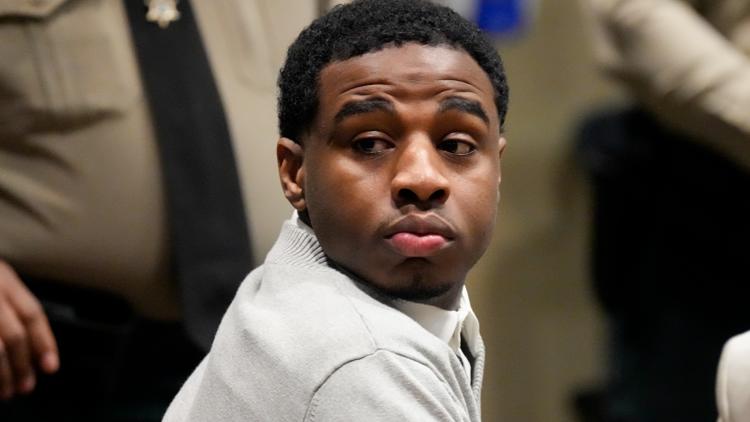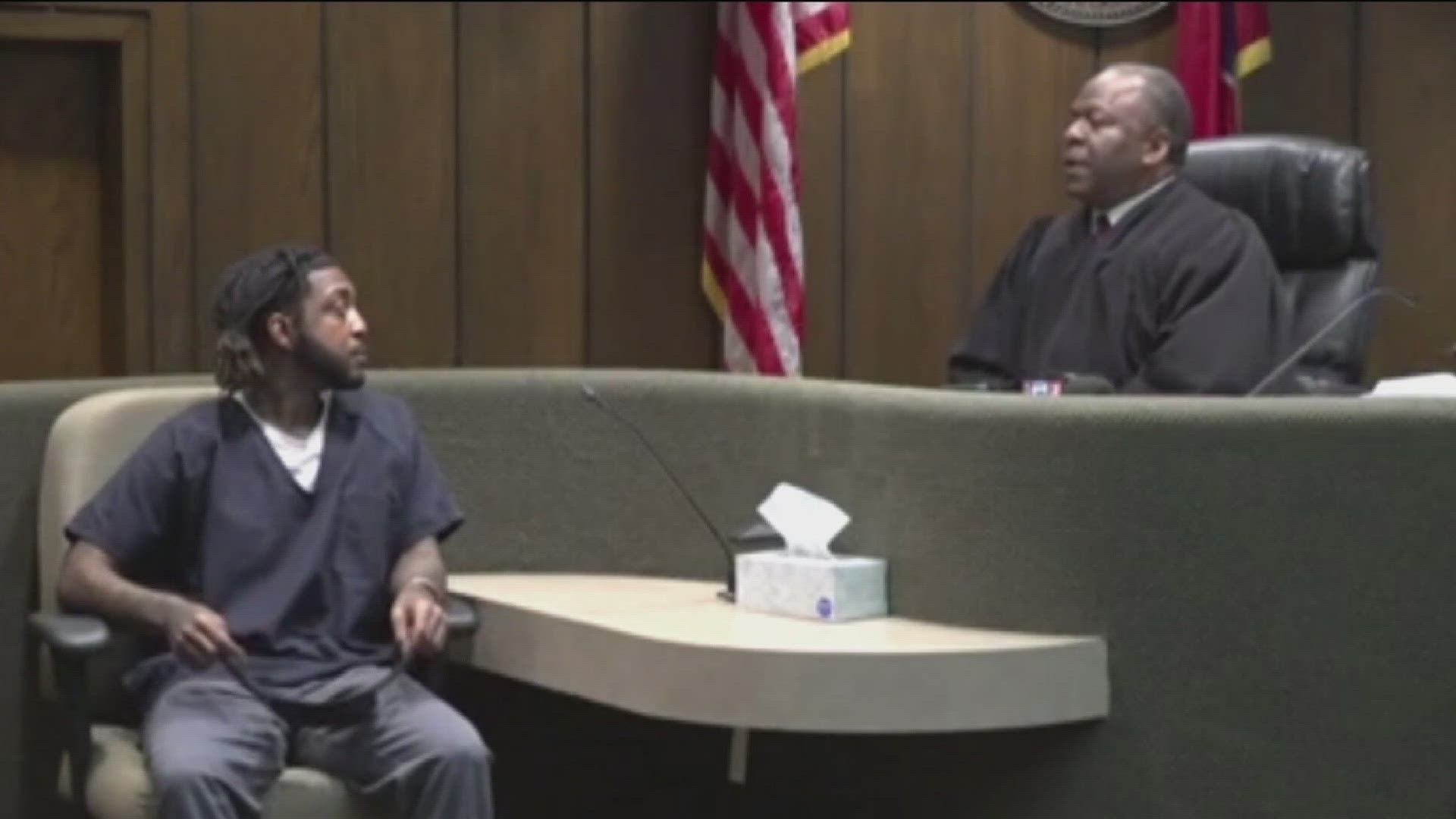MEMPHIS, Tenn. — As the state rested its case against the man charged with killing Memphis rapper Young Dolph, the defense asked for an acquittal, claiming prosecutors failed to make their case.
The motion to acquit following a prosecution case is a common tactic during criminal trials.
In this case, defense attorney Luke Evans presented a motion to acquit on all indicted charges, claiming the state failed to present sufficient evidence, especially on the conspiracy charge, in relation to Justin Johnson.
“I would argue the court that based on the proof we have thus far, there is insufficient proof of any agreement prior to the homicide that would allow the jury to ever by any rationale or fact, find him guilty of conspiracy to commit first-degree murder,” said Evans.
Cornelius Smith Jr., and Hernandez Govan had originally been set to go on trial at the same time as Johnson, all charged in the murder and conspiracy to kill Adolph Thornton Jr.
Evans claimed the testimony from Smith showed a conspiracy between Govan and Smith, but not Johnson. Evans said Johnson was not there when Smith testified that he had conversations with Govan and Anthony Mims (Big Jook).
Govan, who the defense had said in their opening was expected to testify, did not take the stand before the prosecution rested.
“Although we have interactions occurring on cell phone,” said Evans, “… there’s not any evidence before the court that would be sufficient to establish a criminal agreement as it relates to Justin Johnson.”
Shelby County Deputy District Attorney Paul Hagerman said Smith testified to the conspiracy. Hagerman said Smith testified that he discussed the plan with Big Jook and Govan, and that plan was that Smith and Johnson would kill a PRE (Paper Route EMPIRE – Young Dolph’s label) artist, “whoever that may be.”
Hagerman also said Smith testified as direct proof of the murder. He also noted the evidence in the form of videos which showed a suspect prosecutors claim was Johnson.
The judge ruled this is a question for the jury, denying the motion to acquit. The court also said they would remove an attempted murder charge, but add facilitation of murder to the charges presented to the jury.
Following that, Justin Johnson briefly took the stand, answering questions about his understanding of his right to testify or not, and telling the court he would not testify on his own behalf.



